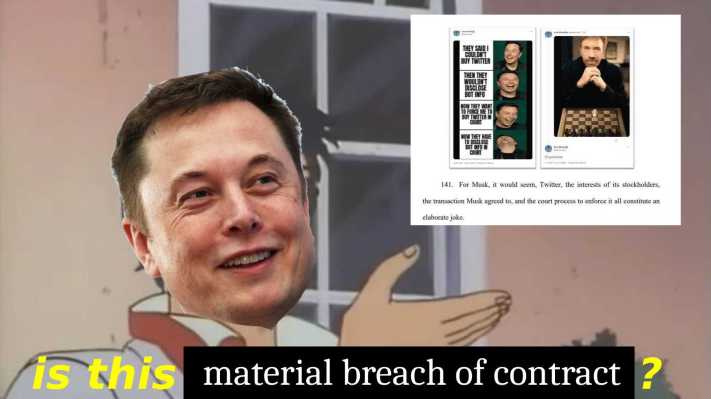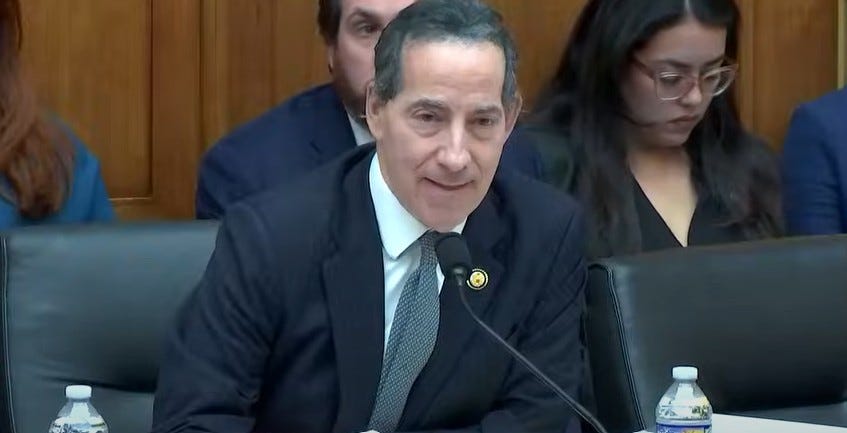Image of Verb List from MoMA.org
The artist Richard Serra died yesterday at 85. His sculptures combined the monumental with the intimate, pieces that overwhelm and envelop but are often the only ones in the museum you can touch. His New York Times obituary quotes Serra describing his work as “requir[ing] “a lot of ‘walking and looking’ … It was, he said, ‘viewer centered.’”
I was reminded of Serra’s 1967 Verb List, a written piece, or maybe more precisely, an art piece that uses language (don’t yell at me, art historians). Serra had a background in language—he studied English literature as an undergrad at UC Santa Barbara—and I always liked that after turning away from painting, part of his early experiments with sculpture included this list of phrases. Maybe it’s the obsessive list-maker in me seeing himself represented in art, but this piece has always fascinated me as being ambiguously stuck between process artifact and finalized work.
Verb List is a handwritten list of 84 infinitives and 24 possessives, all in Serra’s precise cursive. The verbs are active, and imply a task or a process: “to droop, to flow, to discard, to surround, to distill.” Many also imply movement which, as MoMa writes, reflects a young Serra’s inspiration from choreographers and dancers in the ‘60s downtown New York scene like Yvonne Rainer and Simone Forti.
Discussing Verb List in relation to his piece To Lift, Serra described wanting “to reduce things to pure process and activity. So I wrote down a list of verbs: to lift, to curl, to roll, to bend, to tie, to curve, to inlay, to splash … And I decided to work those verbs in relationship to material in place and time.” This reduction was an essential step for Serra, and would eventually lead to the monumental pieces that made him a household name.
Serra held onto Verb List personally until 2012 when he donated the piece to MoMa. I like to think he needed it around as a reminder, pulling the two pages out on those days when he walked into his studio and couldn’t remember what he had planned for this huge piece of corrugated steel.
And viewed as “pure process,” the piece could be an outline, or guide, or a personal version of Brian Eno and Peter Schmidt’s Oblique Strategies. The smudgy pencil makes it feel impermanent and provisional. But the neat, complete rows and the clever, final button of “to continue” always made me think that Verb List was intended as much more than back-of-the-envelope, “ideas for art, sculpture TK” jotting.
Verb List is a piece of writing that does what Serra’s work always does best, combining immensity with intimacy: an overwhelming wall of text that invites many ways of looking, and simultaneously the delicately penciled lines of a young artist, trying to figure out how to continue.


























































